A must have for those building in a rural area!!!
charliedawg
15 years ago
Related Stories
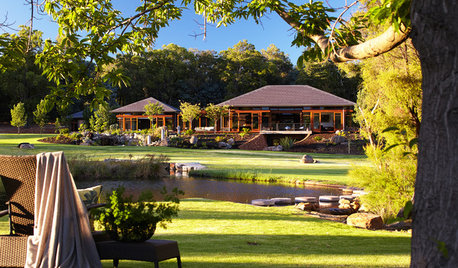
HOUZZ TOURSWe Can Dream: Rural Retirement Home a Haven of Beauty and Tranquillity
A retired couple builds a spacious Japanese-inspired indoor-outdoor sanctuary to enjoy with extended family
Full Story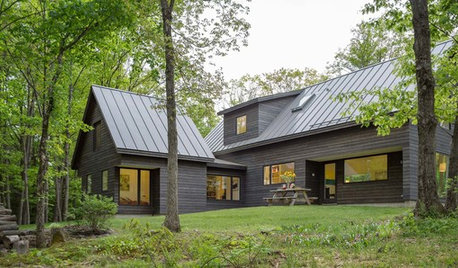
FARMHOUSESHouzz Tour: A Modern Family Farmhouse in Rural Vermont
After years of camping out on their Vermont lot, a couple build a home that keeps them connected to the land
Full Story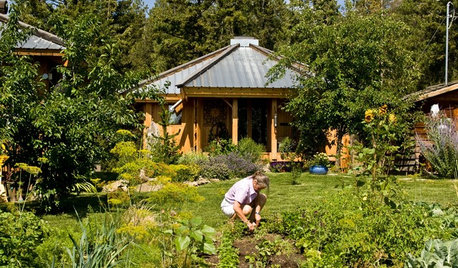
HOUZZ TOURSHouzz Tour: Pint-Size Cabin in Rural Canada
An ecofriendly and cost-effective house smaller than 300 square feet offers a fresh start
Full Story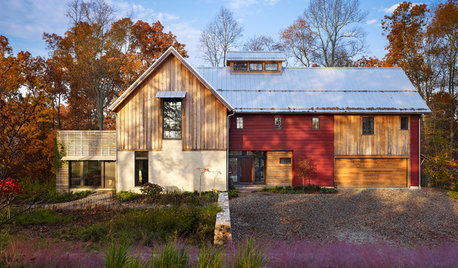
FARMHOUSESHouzz Tour: Nestling Into the Rural Pennsylvania Landscape
Regional barns and nature provide the inspiration for a new home sited between a meadow and the woods
Full Story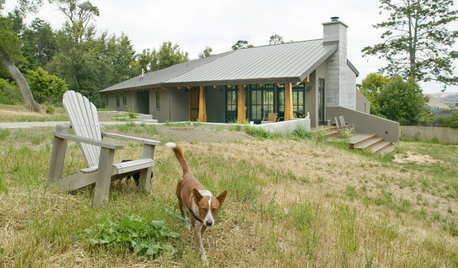
CONTEMPORARY HOMESHouzz Tour: Modern Meets Rustic in Rural Marin County
A lodge-like home is an oasis for an artistic, outdoorsy family
Full Story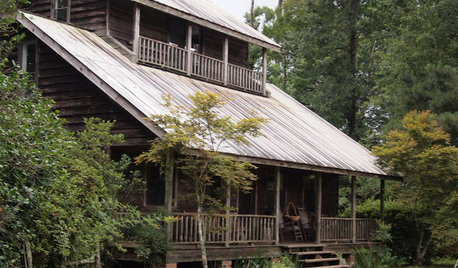
MY HOUZZMy Houzz: Rustic Charm in Rural Louisiana
See how wood warms the interior of this idyllic cabin getaway for art gallery owners
Full Story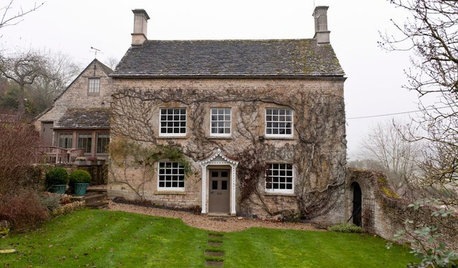
TRADITIONAL STYLEHouzz Tour: City Glamour in a Rural Country Home
Luxurious fabrics and stylish pieces add sophistication to a roomy Georgian cottage in England’s Cotswolds
Full Story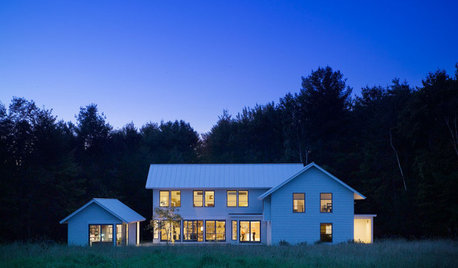
HOUZZ TOURSHouzz Tour: Contemporary Farmhouse in Rural Vermont
Modern furnishings, bright and airy spaces and pared-down interiors make up a family's home in northern Vermont
Full Story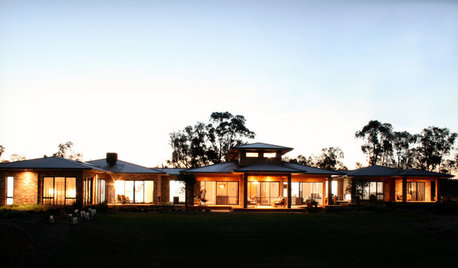
CONTEMPORARY HOMESHouzz Tour: Family Has Room to Spare in New Rural Home
A builder and his wife design a streamlined house for their family that embraces the land and shows careful planning
Full Story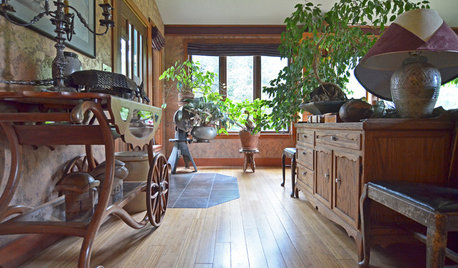
MY HOUZZMy Houzz: Pursuing Their Life’s Work in Rural Oregon
This creative couple craft a live-work world all their own in the high country of eastern Oregon
Full StoryMore Discussions









sniffdog
charliedawgOriginal Author
Related Professionals
Hockessin Architects & Building Designers · Lexington Architects & Building Designers · Pacific Grove Design-Build Firms · Shady Hills Design-Build Firms · Jurupa Valley Home Builders · Lewisville Home Builders · Odenton Home Builders · Artesia General Contractors · Bellingham General Contractors · Panama City General Contractors · Saginaw General Contractors · San Elizario General Contractors · Seal Beach General Contractors · Seguin General Contractors · Summit General Contractorsnycefarm_gw
armomto3boys
jimandanne_mi
lsst
kateskouros
charliedawgOriginal Author
lesmis
ajpl
davidandkasie
divadeva
kats
garymunson_2009
kats